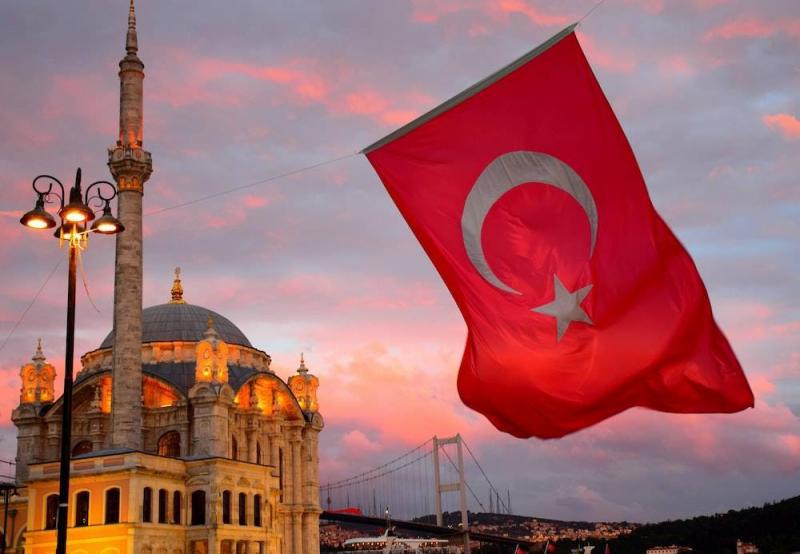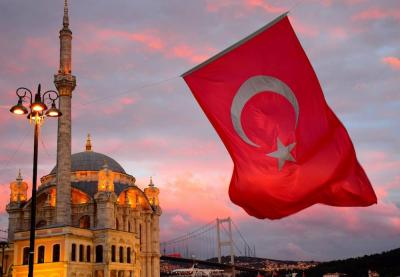The Lausanne Treaty, which established modern Turkey, is still appreciated by some, but at the same time, it remains a source of disappointment and aggravates the wounds of others, including the Kurds and Armenians who had hoped to establish areas for themselves that enjoy autonomy and to see justice served regarding the crimes of the Ottoman era. Some of these views were expressed at an exhibit titled "Borders," organized by the City History Museum in Switzerland to highlight the importance of the treaty signed after World War I, 100 years after it was signed between Turkey and allied powers including Britain and France on July 24, 1923.
Sevgi Koyuncu, who was born in a Kurdish village and now works in Lausanne, stated in an interview filmed at the palace where the treaty was signed that it ignored her people. About six thousand Kurdish protesters participated in a march around the city yesterday, waving flags and forming human chains. As for Manouchak Karnousian, who resides in Switzerland and whose Armenian ancestors fled what is now Turkey in the early 20th century, she considers the treaty to be a "second genocide."
Karnousian referred to the massacres of 1915 and the forced deportation of Armenians during the Ottoman Empire, which dozens of countries currently classify as genocide, a claim that Turkey denies, stating that thousands of both Turks and Armenians were killed in ethnic violence. She told Reuters: "You cannot forget. You have to clarify what this treaty means," considering it "the starting point for the denial of what happened to the Armenians."
Jonathan Conlin, a historian involved in a project studying the treaty's repercussions, noted that while it was warmly welcomed at the time as an opportunity for lasting peace, some of its outcomes are now seen as a "grave mistake," such as the exchange and deportation of more than 1.5 million Greeks and Turks. He added: "I believe the treaty has endured because everyone is equally dissatisfied with it."




